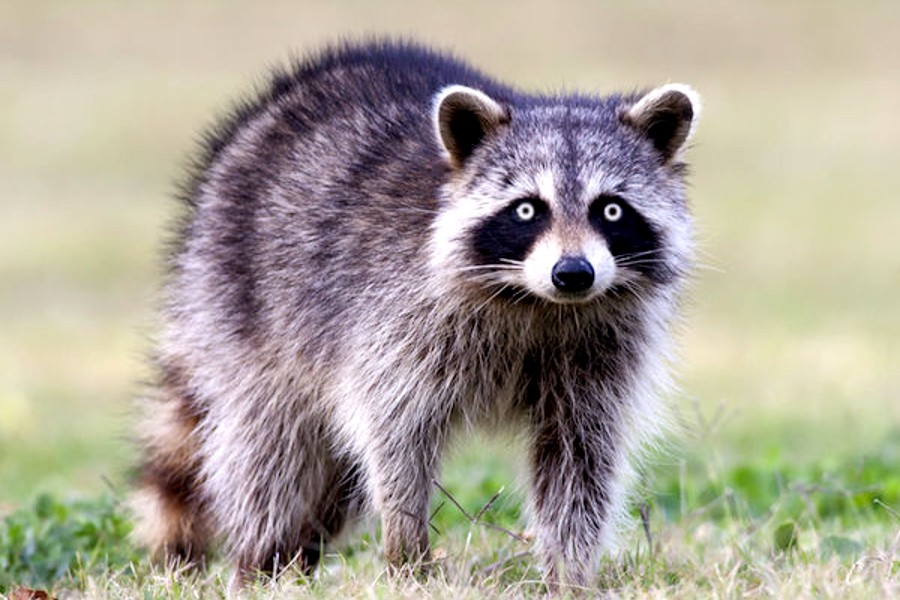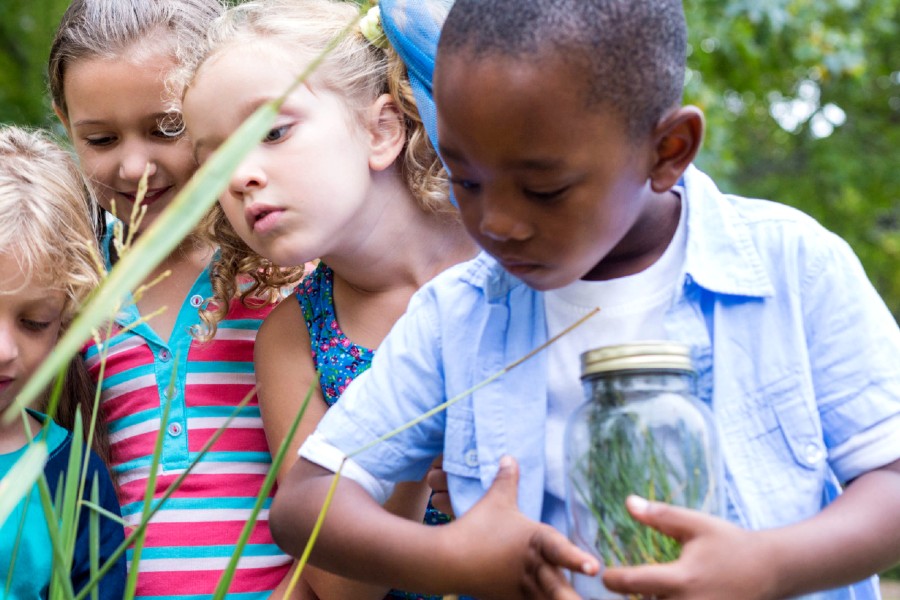
The Health Department, NYC Parks along with federal and academic partners, are launching an effort to vaccinate raccoons against rabies in New York City.
“Rabies is a serious disease that can affect humans and our pets” said Health Commissioner Ashwin Vasan. “New Yorkers should make sure their pets are up to date on rabies vaccinations and maintain distance from wildlife. If you see an animal you believe to be acting strangely, please call 311.”
“While coming into contact with a rabid raccoon is very rare, raccoons are residents of our city, and New Yorkers should be advised — if you see a raccoon, give them space, and never approach or try to feed them,” said Sarah Aucoin, Chief of Education & Wildlife for NYC Parks. “We are proud to partner with the Department of Health and USDA as we take this preventative measure to launch this vaccination effort to encourage healthier wildlife in our parks.”
On Monday, September 12 through October, wildlife biologists with the United States Department of Agriculture (USDA) will distribute individual baits containing an oral rabies vaccine, using bait stations or hand tossing, in wooded areas in Brooklyn, Queens and Manhattan.
The Health Department will also fly a helicopter at low altitudes to deploy vaccine baits on Staten Island’s wooded and marshy areas early to mid-October (weather dependent).
Baits are used to target efforts to vaccinate raccoons in New York State including New York City. Annually, baits are distributed by USDA and numerous state/local partners in the eastern United States, with the ultimate goal of eliminating rabies virus.
The small, brown colored baits are fish-scented and resemble a ketchup packet which conceals a small amount of pink, liquid vaccine. Raccoons are attracted to the odor, and when raccoons chew the bait, they can become immunized, protecting them against rabies infection.
So far in 2022, eighteen (18) animals (7 raccoons from Queens, 1 cat, 1 raccoon and 2 bats from Staten Island and 2 skunks and 5 raccoons from Bronx) have tested positive for rabies.
The bait itself does not harm people, but in extremely rare instances, exposure to the liquid may cause a rash. In the unlikely event someone comes in contact with the liquid, they should wash hands with warm, soapy water, talk to their doctor, and notify the NYC Poison Control Center at 1-800-222-1222.
The bait is not harmful to pets and cannot cause rabies, but it can cause vomiting if several baits are consumed. If pets find the bait, do not try to take it away from them to avoid being bitten and exposed to the vaccine.
Rabies is a fatal but preventable viral disease. It can spread to people and pets if they are bitten by a rabid animal. In NYC, rabies is mostly found in raccoons. The rabies virus infects the central nervous system.
If a person or pet does not receive the appropriate medical care after a potential rabies exposure, the virus can cause disease in the brain, ultimately resulting in death. Rabies can be prevented by vaccinating pets, staying away from wildlife, and seeking medical care after potential exposures before symptoms start.
Raccoons
- Raccoons live in New York City and if seen during the day be cautious but not alarmed. Being out during the day does not mean it is rabid, it may just be looking for food.
- Do not feed raccoons.
- Observe raccoons from a distance.
- For more information about raccoons, visit WildlifeNYC.
To protect yourself against rabies:
- Do not touch or feed wild animals, stray dogs or cats.
- Keep garbage in tightly sealed containers.
- Stay away from any animal that is behaving aggressively.
- Stay away from any wild animal that appears ill or acts unusually friendly. Call 311 to report a sick animal.
- Animals that have attacked, or appear likely to attack, should be reported to 911.
- Do not try to separate fighting animals.
To protect your pet against rabies:
- Keep pet vaccinations up to date and keep them leashed.
- Keep your dog leashed while outdoors.
- Do not leave your pets outdoors unattended.
- If your pet has been in contact with an animal that might be rabid, contact your veterinarian immediately and report the incident to 311.
- Feed pets indoors.
If you are bitten or scratched by an animal:
- Immediately wash the wound with lots of soap and water.
- Seek medical care from your health care provider.
- If the animal is not owned, and can be captured by authorized personnel, call 311.
- If the animal is a pet, get the owner’s name, address and telephone number so the Health Department can monitor the animal.
- To report a bite, call the Animal Bite Unit (212-676-2483) between 9 a.m. and 5 p.m. during the week. At night or on weekends, call 212-POISONS (764-7667).
- For information about medical follow-up, call 311 or your medical provider.
For more information about rabies in New York City, visit www.nyc.gov/health/rabies.
For more information on the Oral Rabies Vaccine, please visit the following sites:
New York State Department of Health:
https://www.health.ny.gov/diseases/communicable/rabies/fact_sheet.htm
United States Department of Agriculture Animal and Plant Health Inspection Service, National Rabies Management Program: http://tinyurl.com/usda-rabies
Become a Harlem Insider!
By submitting this form, you are consenting to receive marketing emails from: Harlem World Magazine, 2521 1/2 west 42nd street, Los Angeles, CA, 90008, https://www.harlemworldmagazine.com. You can revoke your consent to receive emails at any time by using the SafeUnsubscribe® link, found at the bottom of every email. Emails are serviced by Constant Contact








